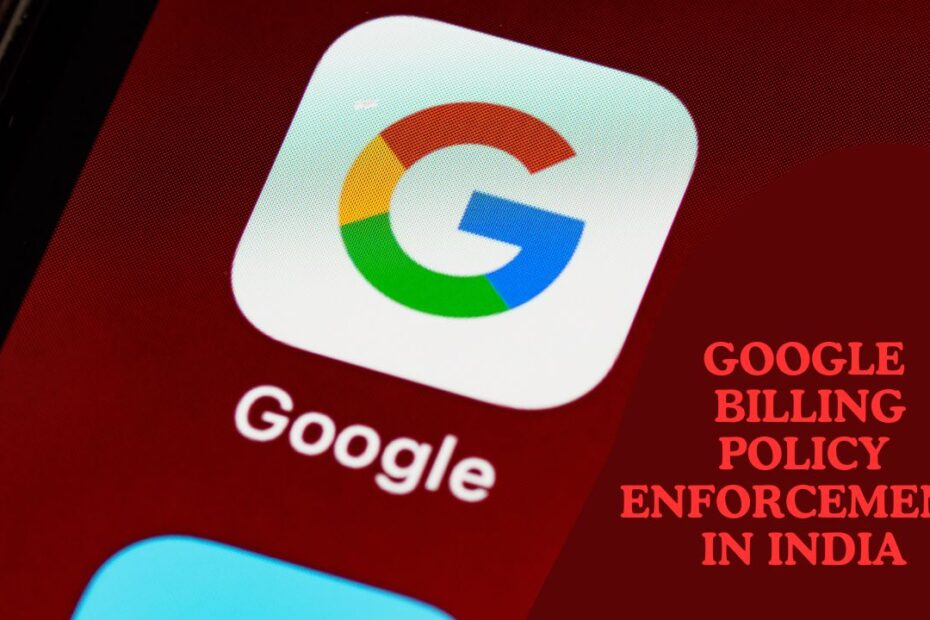OpenAI is launching an AI-powered search engine, challenging Google’s dominance
OpenAI has long been at the vanguard of AI research, driving advances in natural language processing and machine learning. Leveraging its expertise in these domains, the group has embarked on the ambitious task of developing… OpenAI is launching an AI-powered search engine, challenging Google’s dominance




